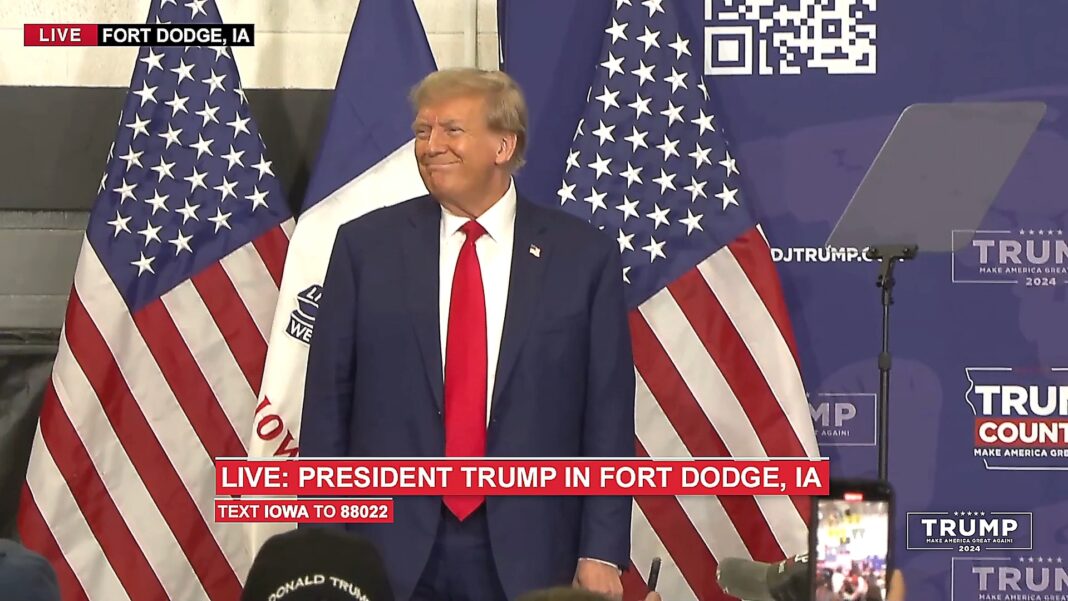A federal court has rejected another bid to disqualify President Trump from the 2024 candidacy, citing an earlier ruling by an appeals court.
A federal district court in Rhode Island on Monday rejected a bid to disqualify former President Donald Trump from candidacy in the 2024 presidential elections, citing an earlier ruling by an appeals court that rejected a similar claim.
Chief Judge John J. McConnell of the U.S. District Court in Rhode Island on Monday summarily dismissed a complaint by John Anthony Castro, a lesser-known Republican presidential candidate from Texas, who sought to disqualify President Trump from the ballot.
That marked another defeat for Mr. Castro, who has filed lawsuits in more than two dozen states over the past few months, including the one in Rhode Island that was dismissed today, to disqualify Trump from the ballot for the 2024 presidential election.
Mr. Castro has argued in his filings that President Trump engaged in insurrection against the United States by virtue of his actions and words related to the Jan. 6, 2021, Capitol breach, and must be disqualified from holding federal office by Section Three of the 14th Amendment. The Section Three provision bars officials who have “engaged in insurrection or rebellion” from holding office, and, around its passage in the 19th century, pertained to members of the Confederacy in the American Civil War.
In recent months, courts in Florida, Colorado, New Hampshire, Minnesota, and Michigan have dismissed his claims, mostly for procedural or jurisdictional reasons, such as a lack of standing or the courts’ refraining from ruling on a political question.
Judge McConnell’s Monday ruling followed a Nov. 21 ruling (pdf) on the same matter (also brought by Mr. Castro) by a higher court, the Court of Appeals for the 1st Circuit. The appeals court has appellate jurisdiction over the Rhode Island District Court, so its rulings are binding on the lower court.
In that earlier ruling, the appeals court affirmed a lower court’s ruling and rejected Mr. Castro’s bid to remove President Trump from the New Hampshire ballot for the 2024 presidential election. The judges reasoned that Mr. Castro failed to show that he suffered “injury in fact”—a required component for bringing the case under Section Three—by Trump’s candidacy, because Mr. Castro’s claim that his votes would be taken away during the 2024 election (should President Trump run) is “too speculative” as of the time Mr. Castro filed his complaint.
By Gary Bai







